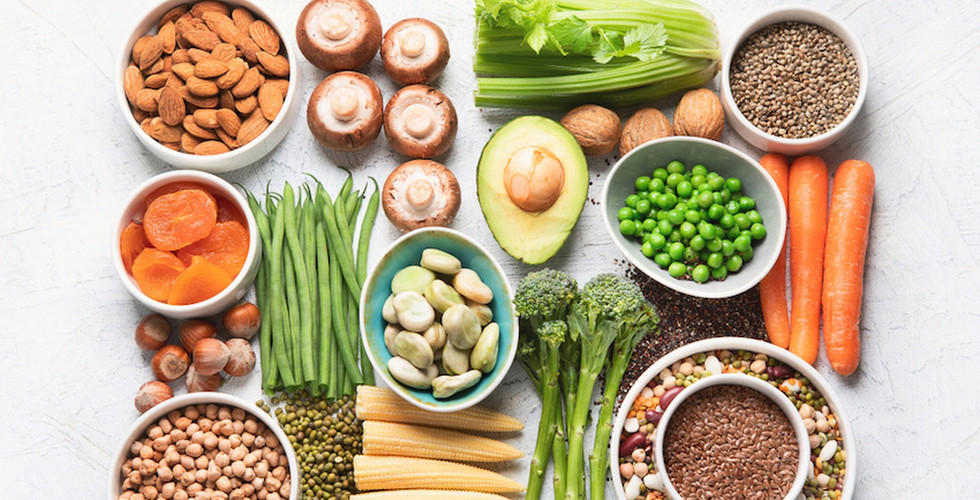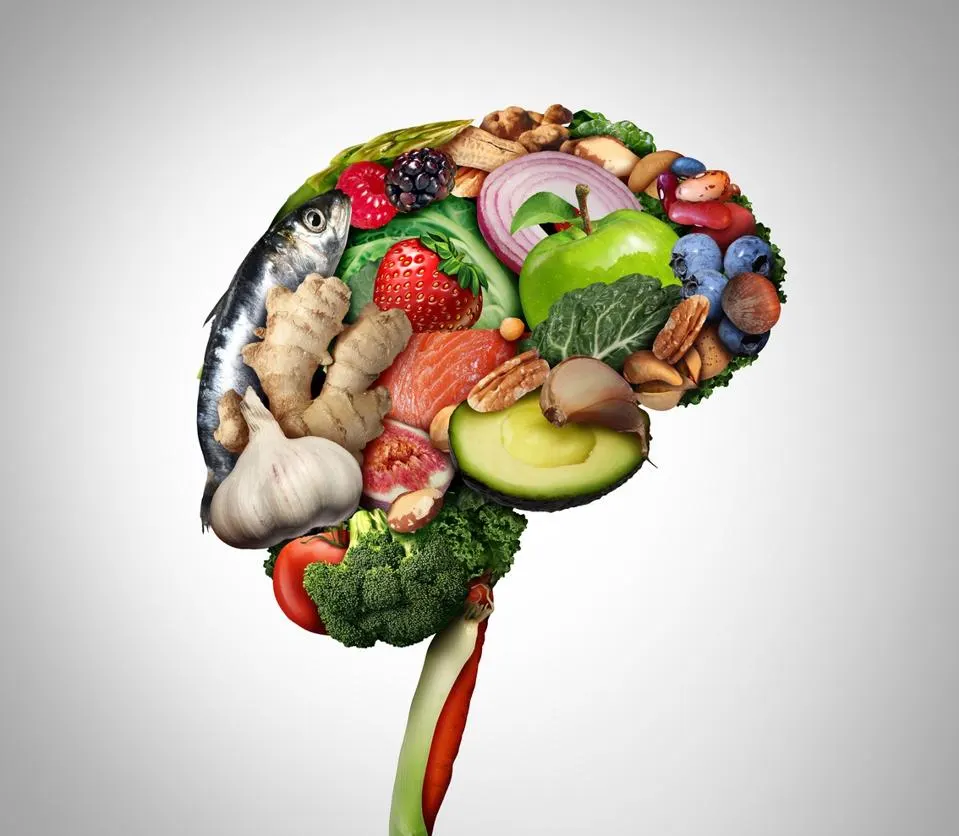Food and Brain Health
- Lois Adofowaa Amponsah
- Feb 5, 2024
- 2 min read
Updated: Nov 8, 2024
It is undisputed that food we eat may have either positive or negative impact on our gut microbiome. But have we wondered what the potential connection to our brain is?
It is no surprise that researchers are looking at using food in aiding neurological function as the influence of diet in managing health and diseases is not a concept lost on us, tracing back to a popular quote by Hippocrates; "Let food be thy medicine, and medicine be thy food". In the 21st century, the rave about "superfoods", miraculous nutritional supplements and special diets with the promise of treating or preventing illness has been rampant. There has definitely been a lot of progress from Hippocrates' statement of food as a potential medical intervention.
Considering the promising nature of this field, researchers have recently sought interest in finding out more about the microbiota-gut-brain (MGB) relationship and their possible connection with neurological function. So far, what is certain is the far-reaching influence of the gut microbiome on various health and disease related issues. As an intervention, most researchers have targeted using the gut microbiome to alleviate some diet related challenges like; reduced immunity, energy balance and mental health. (Radforsld-Smith & Anthony, 2023).
Aside the nutritional profile, another reason why food has good brain health potential is because of the dietary elements present. Food is known to affect 5 key aspects of neurological function which relates to mental health and cognitive performance. The 5 aspects include; (1) brain development, (2) signaling networks and neurotransmitters (3) cognition and memory, (4) protein production and degradation balance and (5) effect of chronic inflammatory process. (Ekstrand et al.,2021). In the early development stages of a person's life, nutrients from proteins, long chain polyunsaturated fatty acids, iron, copper, zinc, iodine and vitamin A are very crucial. The role of these micro and macro-nutrients in signalling and metabolic pathways make their work in brain development and function possible. (Rahman et al.,2022)
Fig 1: Foods with mentioned nutrients
Conclusion
The influence of food on numerous physiological functions is diverse and extensive. The overall connection between nutrition and the development and functioning of the brain can be encapsulated in the saying "What's good for your heart is great for your brain." Therefore, adopting a heart-healthy diet that promotes weight loss and reduces the chances of developing diseases is advantageous for brain health. In conjunction with other environmental factors and enduring epigenetic mechanisms, proper nutrition plays a crucial role in shaping and maintaining brain health.
References
Ekstrand B, Scheers N, Rasmussen MK, Young JF, Ross AB, Landberg R. Brain foods - the role of diet in brain performance and health. Nutr Rev. 2021 May 12;79(6):693-708. doi: 10.1093/nutrit/nuaa091. PMID: 32989449.
Radford-Smith DE, Anthony DC. Prebiotic and Probiotic Modulation of the Microbiota-Gut-Brain Axis in Depression. Nutrients. 2023 Apr 13;15(8):1880. doi: 10.3390/nu15081880. PMID: 37111100; PMCID: PMC10146605.
Rahman MM, Islam MR, Emran TB. Impact of nutrition in brain function and development: Potential brain foods. Int J Surg. 2022 Oct;106:106908. doi: 10.1016/j.ijsu.2022.106908. Epub 2022 Sep 13. PMID: 36108908.
Did you find this post useful?
YES
NO







Insightful, thank you Lois
Great read. I love this.
This is a great piece that contains fact.